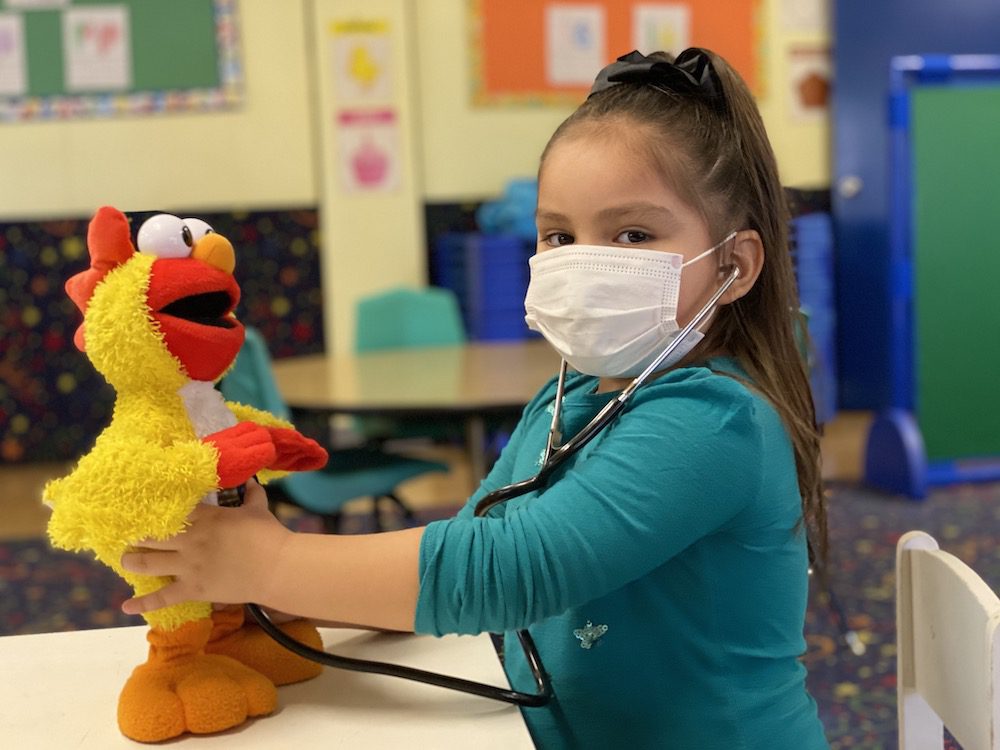Influenza, commonly called the flu, is an infection of the respiratory tract caused by the influenza virus. Signs of the flu include sudden onset of headache, chills, and feeling generally miserable. Respiratory symptoms like nasal congestion, cough and sore throat appear, and the flu sufferer often experiences extreme fatigue and muscle aches in the back and legs. Fever between 100 and 103 degrees Fahrenheit is typical in adults, and is often even higher in children.
Influenza rarely causes stomach upset; however, young children may have nausea and vomiting during the most severe phase of the flu. What is popularly called “stomach flu” is usually another malady: gastroenteritis. Bacteria, toxins, or viruses other than influenza are the usual causes of gastroenteritis. Other illnesses like strep throat, measles, and chickenpox sometimes have flu-like symptoms. It’s important to see a doctor if symptoms persist, become severe or localized in the throat, stomach or lungs, or if other symptoms such as skin rash, vomiting or behavioral changes occur.
In addition to getting vaccinated, the single most important step you can take to help prevent your children from getting the flu is to wash their hands.
According to our Illness Policy, if your child shows symptoms, he/she will need care at home away from other children for at least 24 hours until ALL symptoms have stopped. (No vomiting. No diarrhea. No fever. No Chills. No Body Aches. No Upset Stomach) It is up to your child’s teachers and directors to decide if a child is ready to come back. Please call the school before returning to assure your child will not be turned away when you come to school.
If your child will be out for any reason, please call or email us by 10:00 a.m.
818-992-1942 • [email protected]
More about me
- Are you using the right car seat? Is your child sitting in the safest spot? - May 15, 2017
- Rear facing car seat required - November 29, 2016
- Does this sound like your three year old? - August 9, 2016




